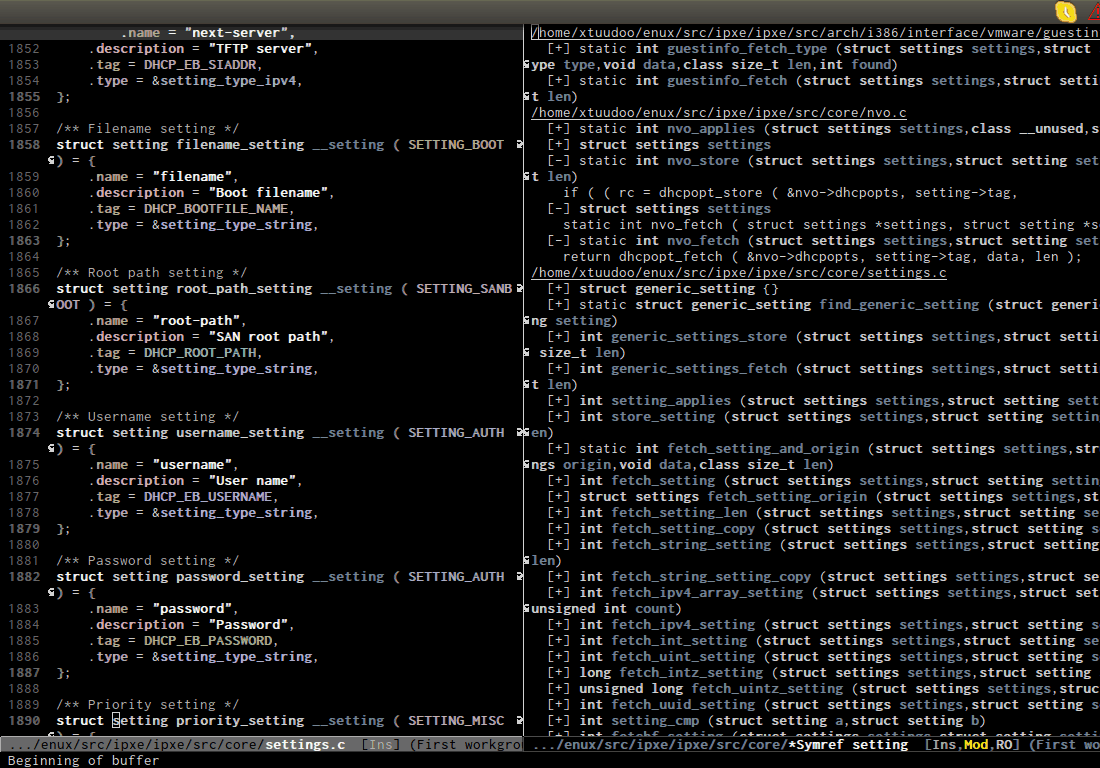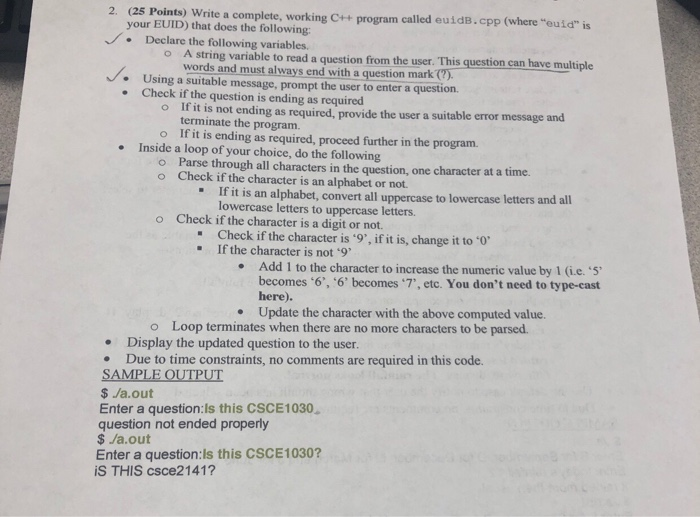

When programmers think that the dynamically allocated variable is not required anymore, they can use the delete operator to free up memory space.This program is used to generate all the prime numbers from 1 till the number given by the user. The main benefit of new over malloc() is that new doesn't just allocate memory, it constructs objects which is a prime concept of C++. malloc() allocates requested size of bytes and returns a pointer to the first byte of allocated space. The malloc() function from C, still exists in C++, but it is recommended to avoid using malloc() function. P = new int // dynamically allocate an int for loading the address in pĭ = new double // dynamically allocate a double and loading the address in p

But the lines written below are useful: int * p // declares a pointer p The above-declared statements are not so useful as the allocated space has no names.

New double // dynamically allocates an double type Here is a code snippet showing the use of new: new int //dynamically allocates an integer type To allocate space dynamically, use the unary operator new, followed by the type being allocated.

Programmers can dynamically allocate storage space while the program is running, but programmers cannot create new variable names "on the fly", and for this reason, dynamic allocation requires two criteria: In this case, the exact space or number of the item does not have to be known by the compiler in advance.


 0 kommentar(er)
0 kommentar(er)
